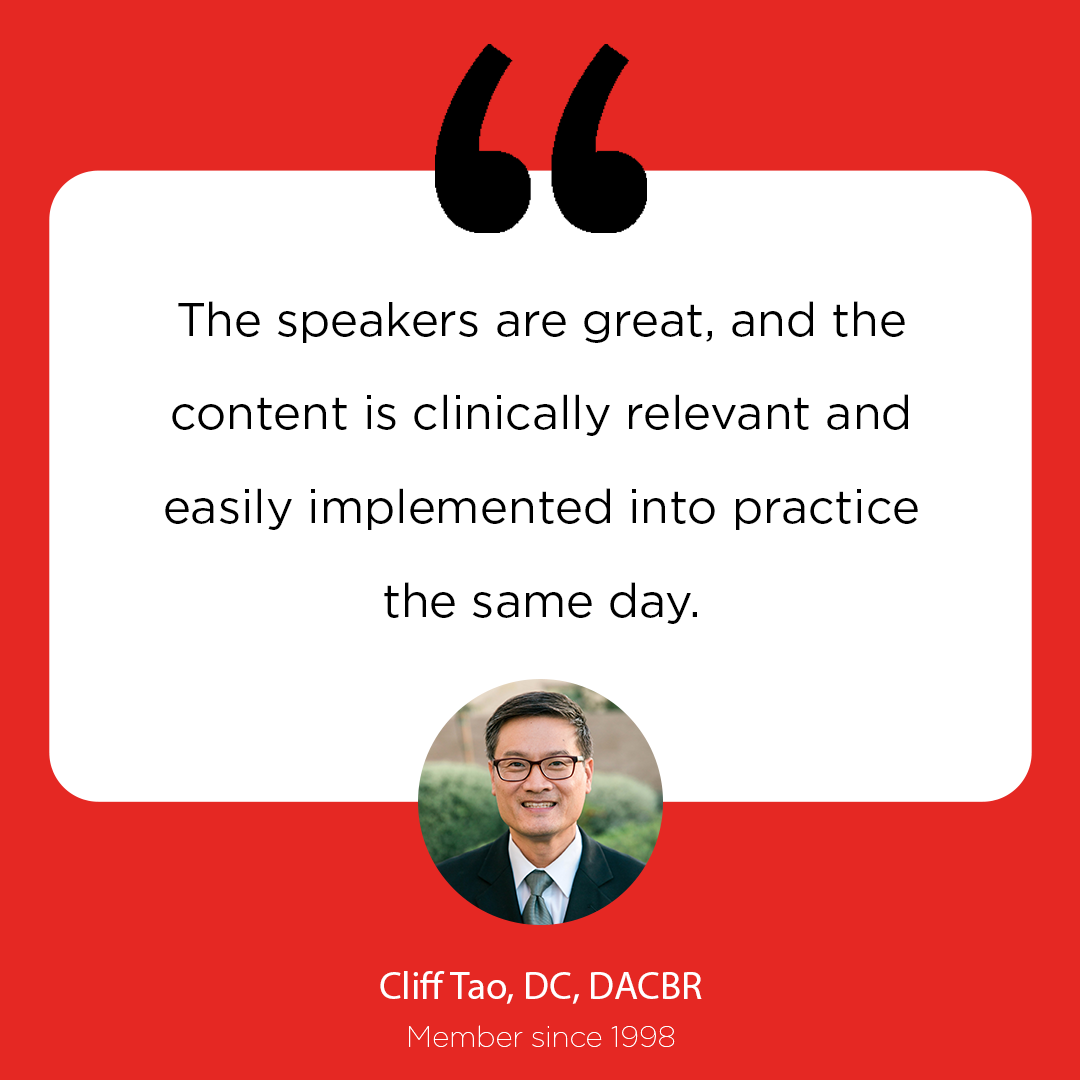
The Role of Relative Energy Deficiency in Sport (RED-S) on the Growth and Development of Adolescent Athletes
Recorded On: 01/27/2024
-
Register
- Non-member - $40
- Student/Other - Free!
- Member - Free!
- GAC - Free!
Relative energy deficiency in sport (RED-S) is a result of low energy availability due to an increase in intensity of exercise accompanied with low caloric intake. RED-S has become an increasingly common diagnosis for many athletes, especially athletes who practice weight restrictive measures for competition. This condition is seen in sports such as gymnastics, weightlifting and wrestling. Research has examined the effects of low energy availability (EA) on the growth of adolescent athletes by examining body composition, serum biomarkers, and athletic performance.
Upon completion of this presentation, learners should be able to:
- Explain the role nutrition plays in growth and development.
- Identify the signs and symptoms of athletes exhibiting relative energy deficiency in sport (RED-S).
- Distinguish the proper steps in the treatment for these athletes.
- Express a practitioner’s role in mitigating RED-S in an adolescent athletic population.
This recording is from ACA Engage 2024--this session was originally presented live, users viewing this program online will be shown visual aids (PowerPoint slides) and speaker audio.
This course is worth 1 CE credit in all PACE-accepted states.
PACE ID: 0127241
James F. Geisleman, Jr. DC, MS, DACBN, CCSP
James F. Geiselman, Jr. DC, MS, DACBN, CCSP, ICSC, CNC, CES, NREMT, is an associate professor of Allied Health at Graceland University (GU) in Lamoni, Iowa. He is also the co-owner of the Iowa Performance Institute, where he works as a chiropractic physician focusing on functional health and nutrition. He began his career in health care as a paramedic before continuing his education and earning his Doctor of Chiropractic degree in 2015. He also graduated summa cum laude with his Master of Science in Nutrition and Human Performance degree in 2017.
At Graceland University, Dr. Geiselman teaches courses within the Division of Health and Movement Science, particularly within the Allied Health major. He helps to prepare students interested in pursuing careers in physical therapy, chiropractic, athletic training, teaching, coaching, strength and conditioning, and more.
Dr. Geiselman has postgraduate training and certifications in nutrition and sports medicine and enjoys volunteering his time with student athletes at Graceland. He’s earned his Diplomate from the American Clinical Board of Nutrition (DACBN), is a Certified Chiropractic Sports Physician (CCSP), and holds his International Certificate in Sports Chiropractic (ICSC).
He serves on numerous university committees and national organizations. He is the GU faculty athletic representative to the NAIA Heart of America Athletic Conference, Heart Awards Committee, Graceland University Men’s Wrestling Faculty Mentor, secretary/treasurer for the American Chiropractic Association Council on Nutrition, associate editor for the journal Nutritional Foundations, and the co-host of the “Nutrition on a Mission” podcast.
Drew Sams, MS, CPT, CES, CNC
Graceland University
Drew Sams, MS, CPT, CES, CNC, currently teaches in the Division of Health and Movement Science at Graceland University in Lamoni, Iowa. He teaches because he believes it is important to know how the body works and why your body goes through its specific processes.
Sams’ focus on health and movement science stems from his interest in the always-changing world of healthcare and the vast knowledge that healthcare providers possess. Sams believes the world will always need students educated in the human body and how it works.
Sams was a 4x NAIA National Qualifier and a 2021 NAIA All American for the Graceland University Wrestling Team. In addition to his work as an instructor, he is an assistant wrestling coach for Graceland.


